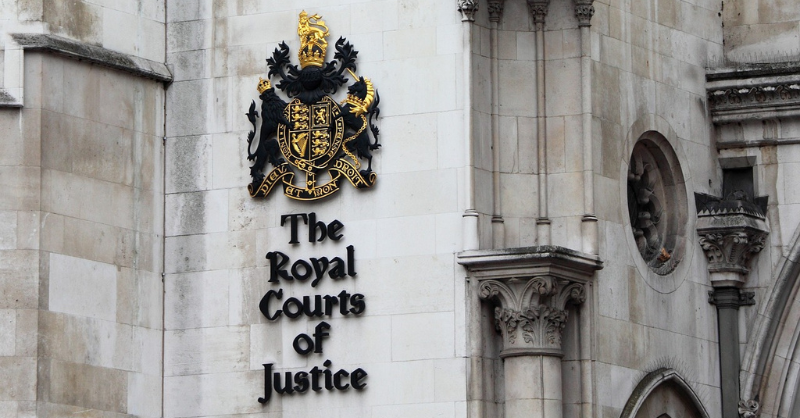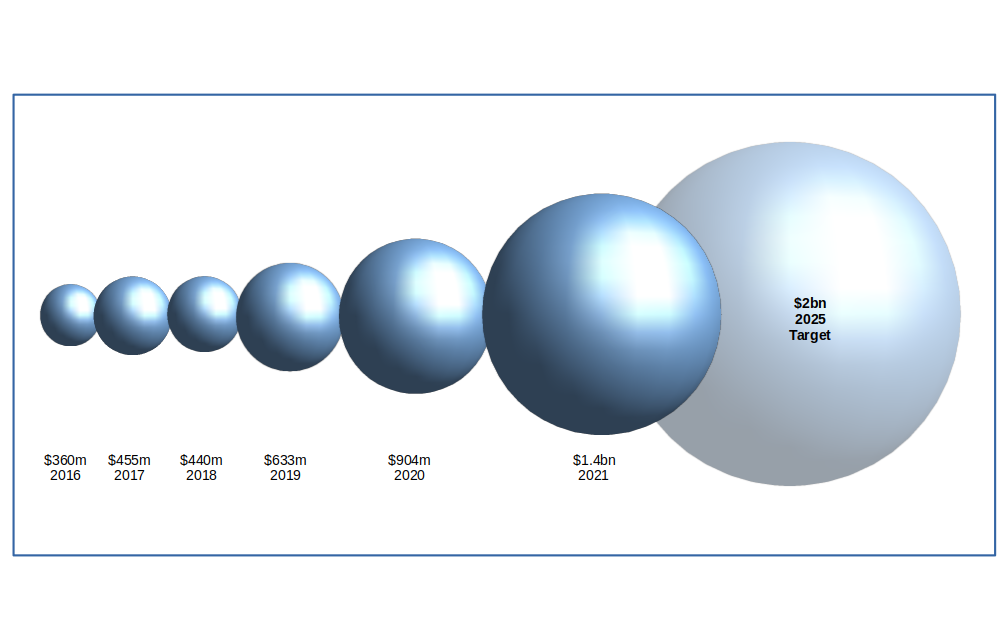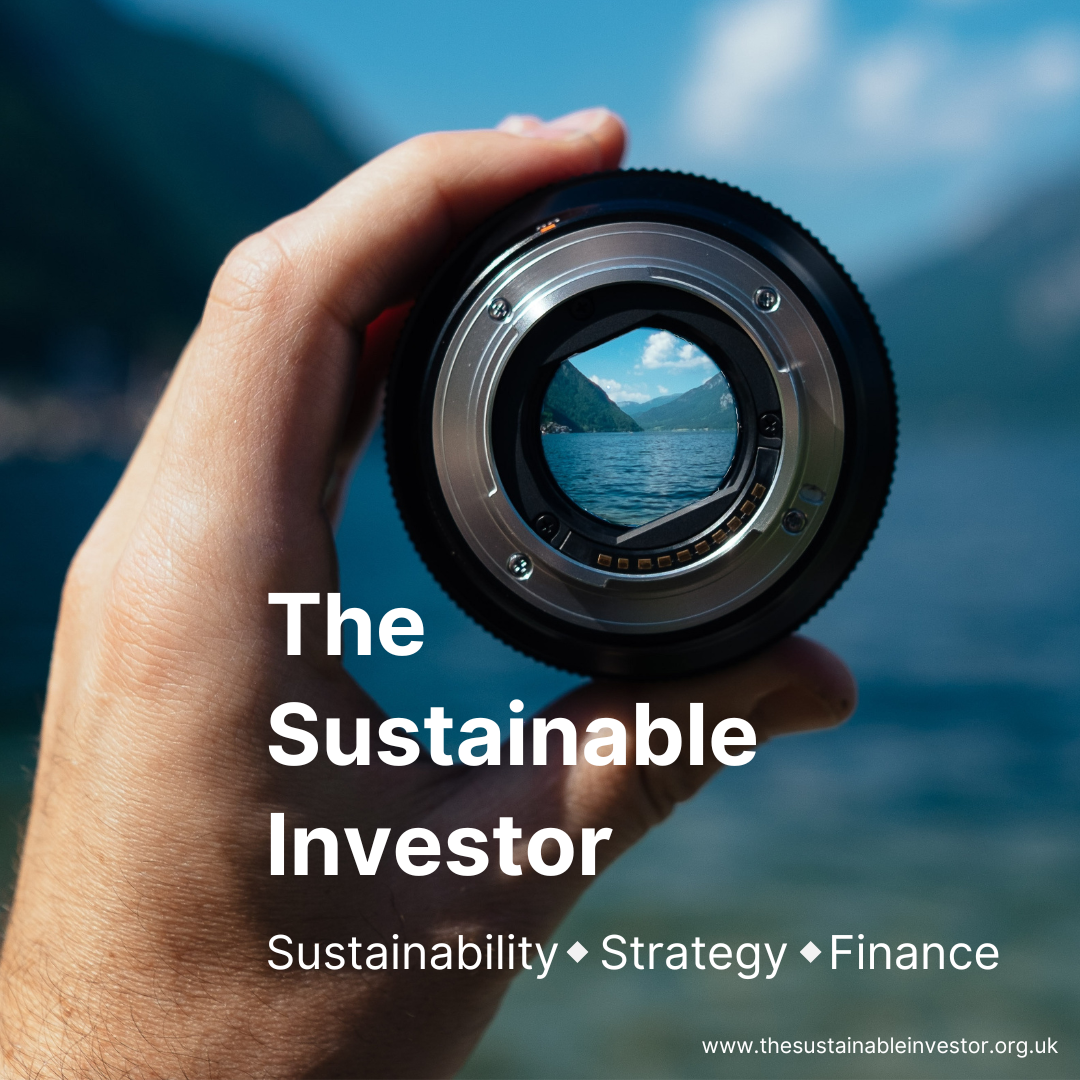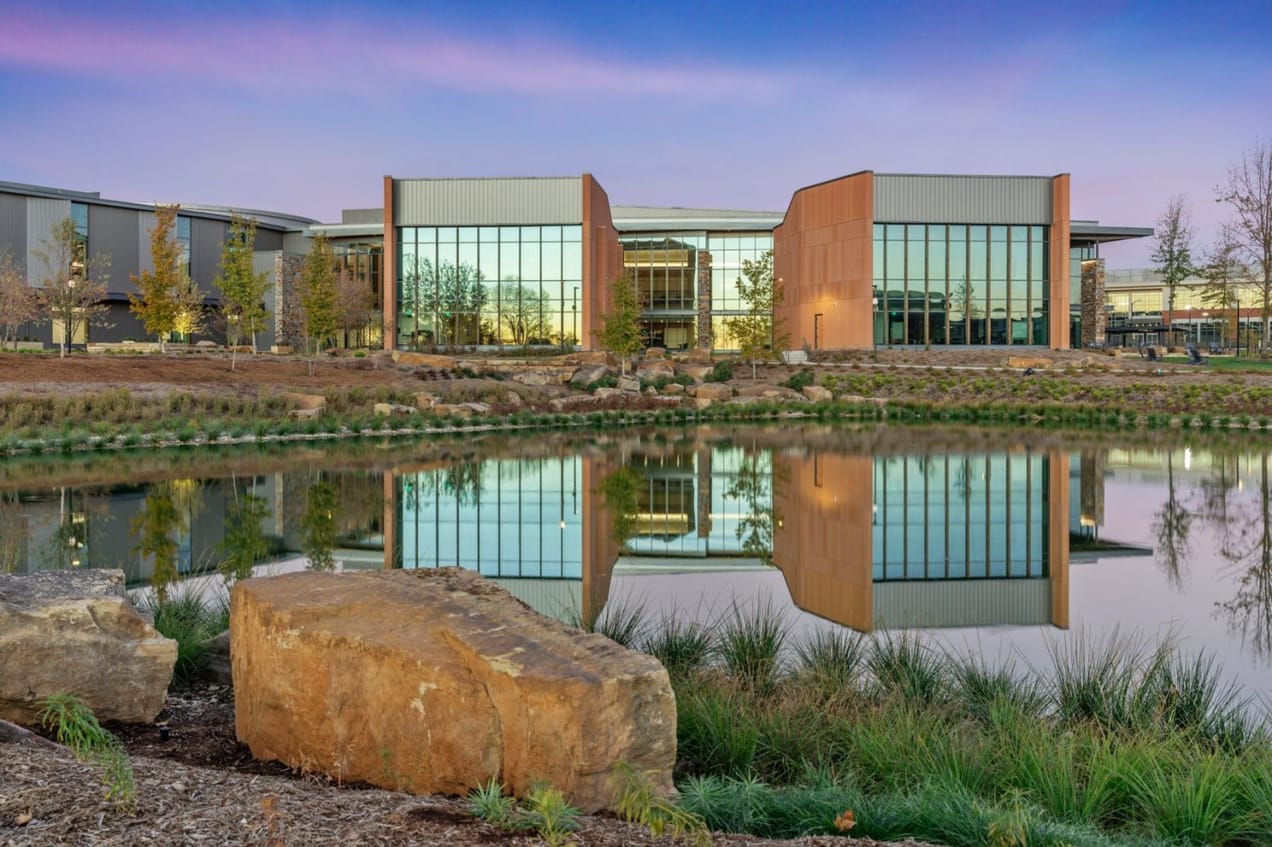
Environmental litigation funding - increasing pressure to prevent?
US hedge fund Gramercy (along with some of its clients) has provided $552.5 million in litigation funding (a secured loan) to Pogus Goodhead, a UK law firm involved in a number of class action lawsuits with environmental links.
The FT reported that US hedge fund Gramercy (along with some of its clients) has provided $552.5 million in litigation funding (a secured loan) to Pogus Goodhead, a UK law firm involved in a number of class action lawsuits with environmental links.
The headline case is the opt-in class action lawsuit on behalf of 700,000 Brazilian claimants over the collapse of the Fundao tailings dam at the Samarco Mariana mine complex in 2015. The defendants are BHP and Vale.
There are also a number of other cases against UK customers of 14 automotive manufacturers as part of the 'dieselgate' scandal with a settlement already struck with VW.
Tom Goodhead, Global Managing Partner and CEO of Pogust Goodhead highlighted the need for litigation funding saying that they "... are taking on some of the largest companies in the world. These companies have access to infinite resources to litigate against these cases. This deal levels the playing field and gives us the ability to go toe-to-toe with them."
We have heard some commentators suggesting that this could be the beginning of a rise in claimants seeking compensation from organisations that continue to exacerbate the negative impacts of climate change by their failure to decarbonise. This in turn would have a knock on effect on investors and other stakeholders in those organisations.
In the case of the Pgous Goodhead cases, there would appear to be a failure in duty of care or even outright fraud so it would be one more step removed.
However, it does further reemphasise the mainstreaming of double materiality - the impact of the business on the environment is key too (and ultimately feeds back into the impact of the environment on the business).
In turn could that incentivise companies to take measures to mitigate their impact as a future risk reduction method? An obvious area is the insurance industry which would also potentially incur costs as a result of litigation such as this. The link between their underwriting and investing activities could provide a virtuous circle 👇🏾

Beyond environmental claims, another area for organisations to be on the front foot with is human rights where stakeholders are demanding ethical behaviour and there is increasing protective legislation. Companies that do not prepare for this new world will lose competitive positioning; it's not just about paying fines anymore. Companies increasingly bear responsibility for what happens in their supply chains, and they face legal action in their home country for acts elsewhere 👇🏾
This article featured in What Caught Our Eye, a weekly email featuring stories we found particularly interesting during the week and why. We also give our lateral thought on each one. What Caught our Eye is available to read in full by members.
If you are not a member yet, you can read What Caught Our Eye when it comes out direct in your email inbox plus all of our blogs in full...


Please read: important legal stuff.


